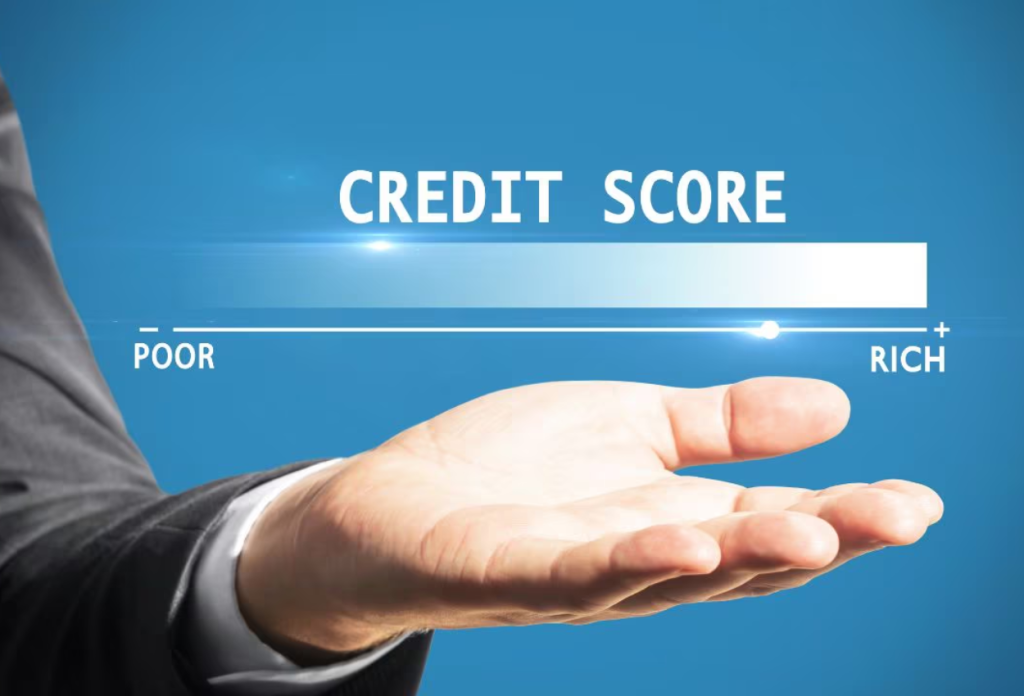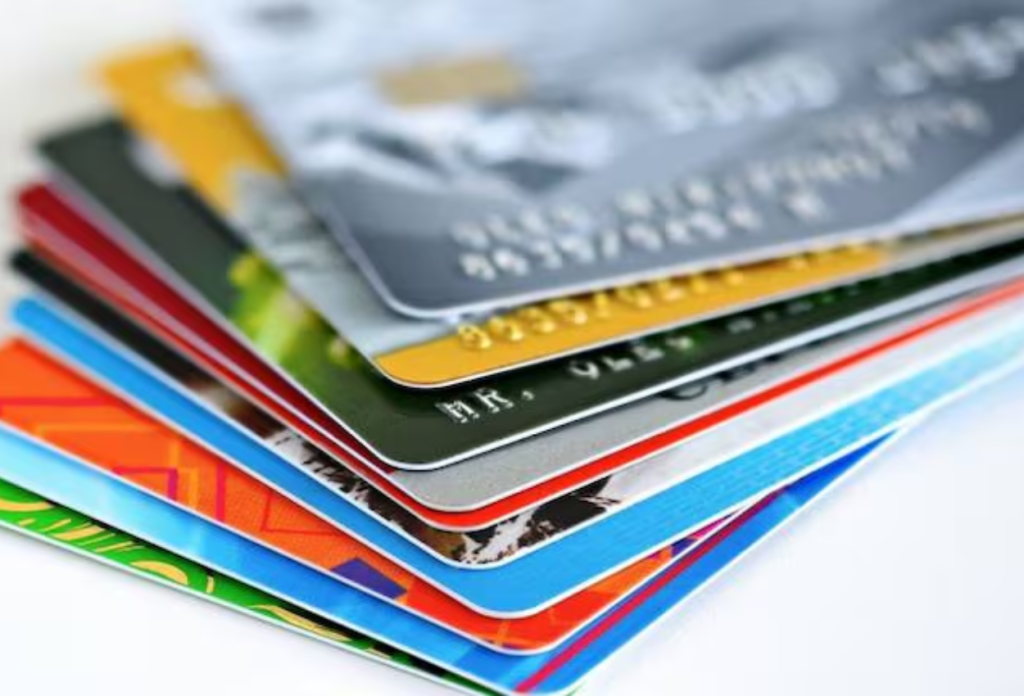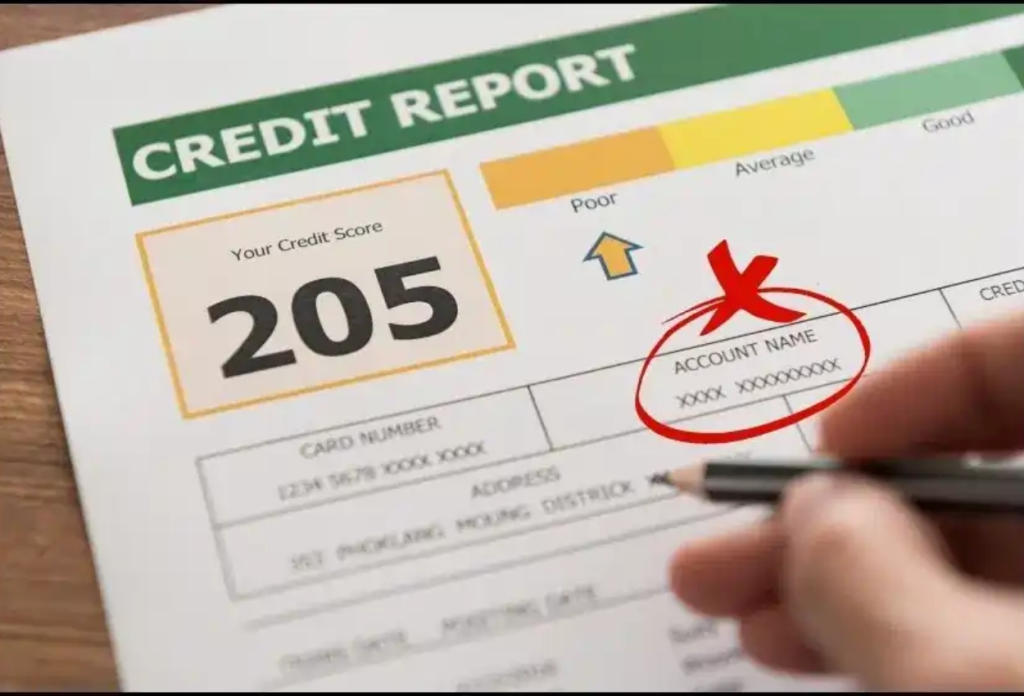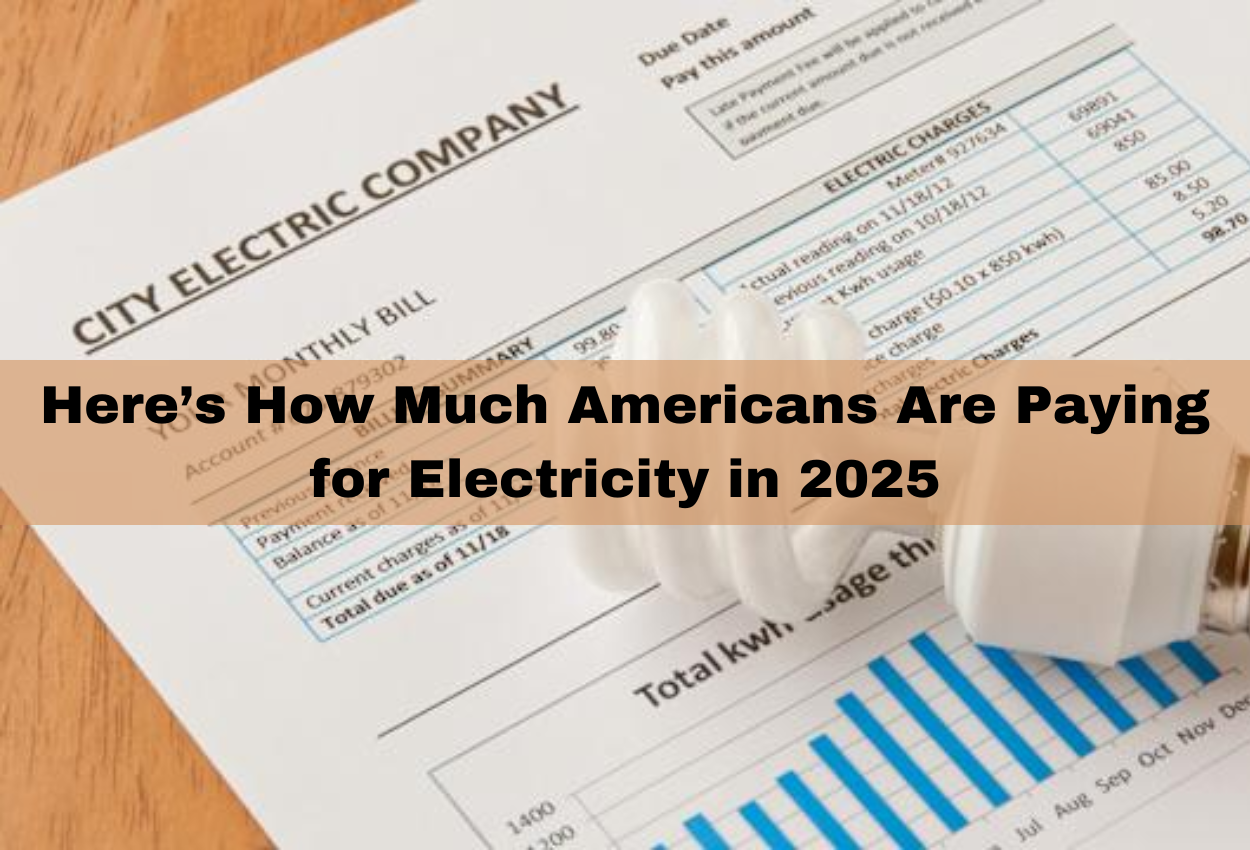Your credit score is like your financial report card—it tells lenders how responsible you are with money. A good score can open doors to better loan offers, lower interest rates, and even better job opportunities.
But what if your score isn’t where you want it to be? Don’t worry! You can improve it with a few smart steps. Let’s dive into the easiest ways to boost your credit score quickly.
Why Your Credit Score Matters More Than You Think?

Ever wondered why banks care so much about your credit score? That’s because it helps them decide whether to lend you money. But it’s not just banks—landlords, insurance companies, and even employers sometimes check your credit history.
A high score means you’re financially responsible, which can lead to:
- Lower interest rates on loans and credit cards
- Better chances of loan approvals
- Higher credit limits
- Easier rental approvals
- More job opportunities
On the flip side, a low credit score can cost you thousands in extra interest and limit your financial options. That’s why improving your credit score should be a priority.
6 Easy Steps to Improve Your Credit Score:
1. Pay Your Bills on Time—No Exceptions

Your payment history makes up 35% of your credit score. Missing a single payment can hurt your score for months. Set reminders, enable autopay, or use budgeting apps to ensure you never miss a due date. Even if you can’t pay the full balance, at least make the minimum payment to stay on track.
2. Keep Your Credit Card Balances Low

Your credit utilization ratio (how much credit you’re using compared to your total limit) is a big factor—30% of your score. Ideally, you should keep your balances below 30% of your credit limit—and below 10% for the best results.
Ways to lower your credit utilization:
- Pay off balances before the statement date
- Make multiple payments each month
- Request a credit limit increase (but don’t max it out!)
- Use credit cards only for essential purchases
3. Don’t Apply for Too Many New Credit Accounts

Each time you apply for a credit card or loan, the lender does a “hard inquiry,” which temporarily lowers your score. Applying for too many new accounts within a short time can make you look desperate for credit—bad news for lenders.
If you need a new credit card, space out applications and apply only when necessary.
4. Keep Your Old Credit Accounts Open

The length of your credit history counts for 15% of your score. Closing an old account shortens your credit history, which can negatively impact your score. Even if you don’t use an old credit card often, keep it open (unless it has high fees).
Pro tip: Use old credit cards for small purchases occasionally to keep them active.
5. Diversify Your Credit Mix

Your credit mix—having different types of credit like credit cards, auto loans, and mortgages—affects 10% of your score. Lenders prefer borrowers who can handle multiple types of credit responsibly. However, don’t take out unnecessary loans just for the sake of credit mix.
6. Check Your Credit Report for Mistakes

Errors on your credit report can unfairly drag down your score. Get your free credit report from AnnualCreditReport.com and check for:
- Incorrect late payments
- Accounts you don’t recognize
- Wrong balances or inaccurate info
If you find mistakes, dispute them with the credit bureau to get them corrected.
How Long Does It Take to Improve Your Credit Score?
The time it takes depends on your current situation. If your score is low due to missed payments, it might take months or even years to rebuild. However, small changes—like paying down credit card balances—can improve your score in as little as 30 days.
Think of improving your credit score as a marathon, not a sprint. Consistency is key!
FAQs About Credit Score Improvement
- What’s the fastest way to improve my credit score?
Lowering your credit utilization (keeping balances under 30%) can give you a quick boost. - Can I fix my credit score if I have late payments?
Yes! While late payments stay on your report for years, making on-time payments moving forward can gradually improve your score. - Will checking my credit hurt my score?
No. Checking your own credit score is a “soft inquiry” and won’t affect your score.
Final Thoughts: Start Improving Your Credit Score Today!
Improving your credit score isn’t complicated—it just takes smart financial habits. Pay on time, keep your balances low, and avoid unnecessary credit applications. A better credit score means more financial freedom, lower interest rates, and more opportunities.




